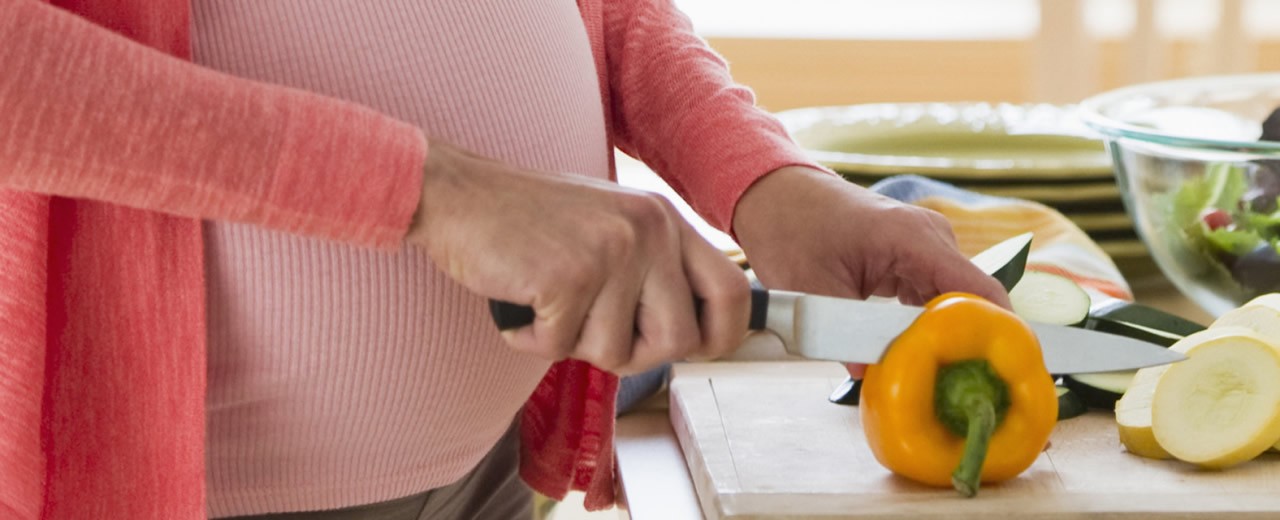10 foods to avoid during pregnancy

Foodborne illness can be an unpleasant, at best, experience but also a particularly dangerous condition for the developing baby during pregnancy. This article will discuss, in a nutshell, what foods you should avoid during pregnancy and why.
In addition to avoiding the following list of foods, be sure to wash your hands often when preparing food and take steps to prevent so-called cross-contamination (eg using separate cutting boards and knives to cut raw meat). and vegetables). Keep cold foods cold and hot foods hot. Bacteria that cause food poisoning grow faster at human body temperature, thus minimizing the time that food stays at room temperature or body temperature helps to inhibit the growth of bacteria.
So, which foods you should avoid:
Raw meat: Raw seafood and slightly or undercooked beef or poultry should be avoided due to the risk of infection with coliforms, toxoplasmosis and salmonella.
Delicatessen sausages, traditional pate and meat pate: Deli meats may be infected with Listeria, which can cause miscarriage. Listeria has the ability to penetrate the placenta and can infect the fetus and lead to infection or poisoning of the blood which can be life threatening. If you are pregnant and thinking of eating cold cuts, make sure you reheat the meat until it evaporates.
Fish with mercury: Predatory fish that contain high levels of mercury should be avoided. Mercury consumed during pregnancy has been linked to developmental delays and brain damage. A sample of these types of fish includes: mackerel, shark, swordfish and squid. Canned tuna generally has a lower amount of mercury than other tuna packages, but should still be consumed in moderation. Some types of fish used in sushi should also be avoided due to the high levels of mercury (raw fish and sushi seafood should be avoided altogether).
Smoked seafood: Frozen smoked seafood should be avoided as it may be infected with Listeria (but it is safe to eat when it is part of a cooked meal)
Fish exposed to industrial pollutants: Avoid fish from contaminated lakes or rivers as they may have been exposed to high levels of polychlorinated biphenyls. Contact your healthcare provider to find out which fish are safe to eat. Remember, this has to do with the area where the fish are caught and not with the fish market.
Raw shellfish: The majority of seafood diseases are caused by poorly cooked shellfish (oysters, quinces and mussels). By cooking you help to avoid certain types of infections, but not all. Raw shellfish are generally an issue for everyone and should be avoided altogether during pregnancy.
Raw eggs: Raw eggs or any food containing raw eggs should be avoided due to possible exposure to salmonella. Foods that require the use of raw eggs (for example some homemade sauces, mayonnaise, homemade ice cream or creams) should be avoided. If the recipe calls for it to be cooked at some point, this will reduce the exposure to salmonella. Manufactured ice creams, sauces, etc. are usually made with pasteurized eggs and do not increase the risk of salmonella. Restaurants should use pasteurized eggs in any recipe made with raw eggs, such as Hollandaise sauce or other similar sauces.
Unpasteurized soft cheeses: Some soft cheeses may contain Listeria. Avoid soft cheeses such as feta, roquefort, and brie and camembert cheeses, etc. unless the manufacturer clearly states that they are made from pasteurized milk. All soft cheeses made with pasteurized milk are safe to eat.
Unpasteurized milk: Unpasteurized milk may contain Listeria. This type of milk is extremely difficult to obtain. So unless you live on a farm and have access to fresh cow's milk, you may never see unpasteurized milk.
Vegetable shoots: Raw vegetable shoots may be infected with E. coli bacteria, so avoid them.
Bon appetit and congratulations on your pregnancy!
(Πηγή: Emilie Salomons Dr. TCM, FABORM)
--------------------
See all of our blog posts, by clicking here.
0 comment(s)